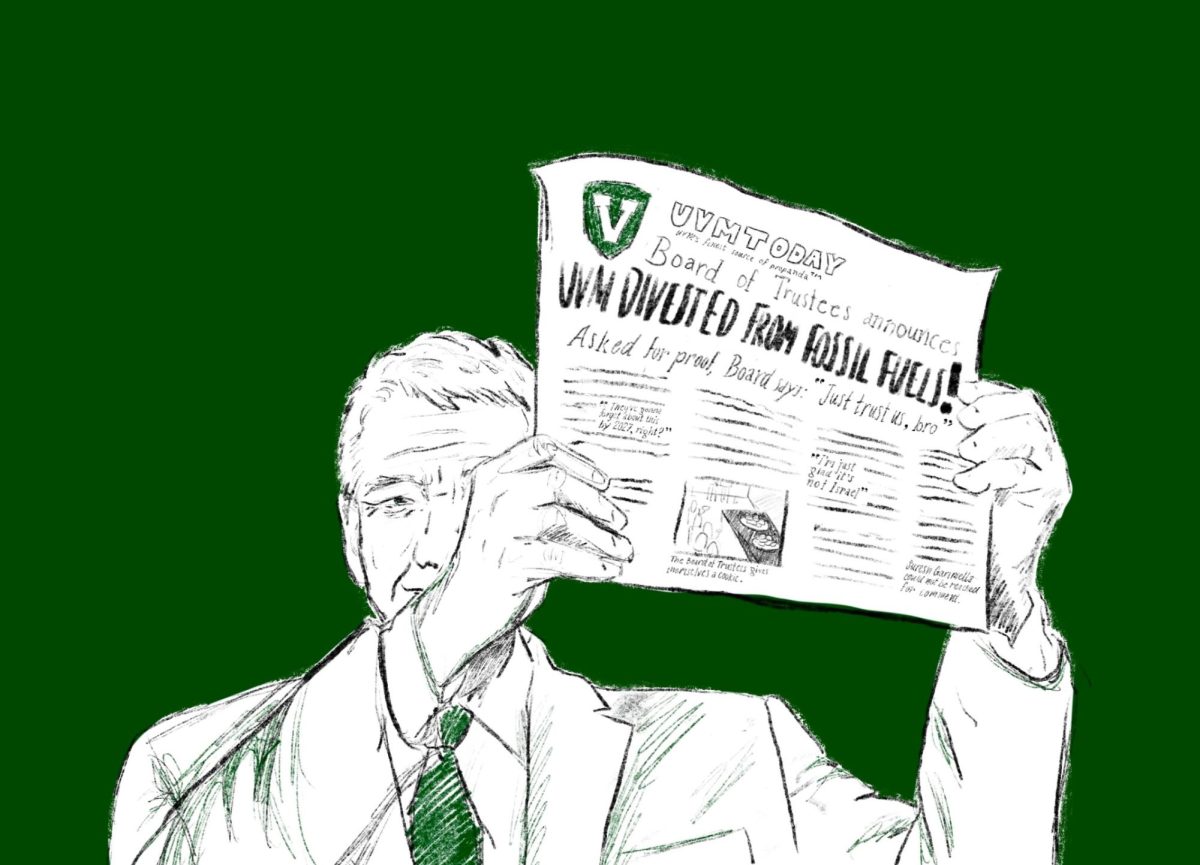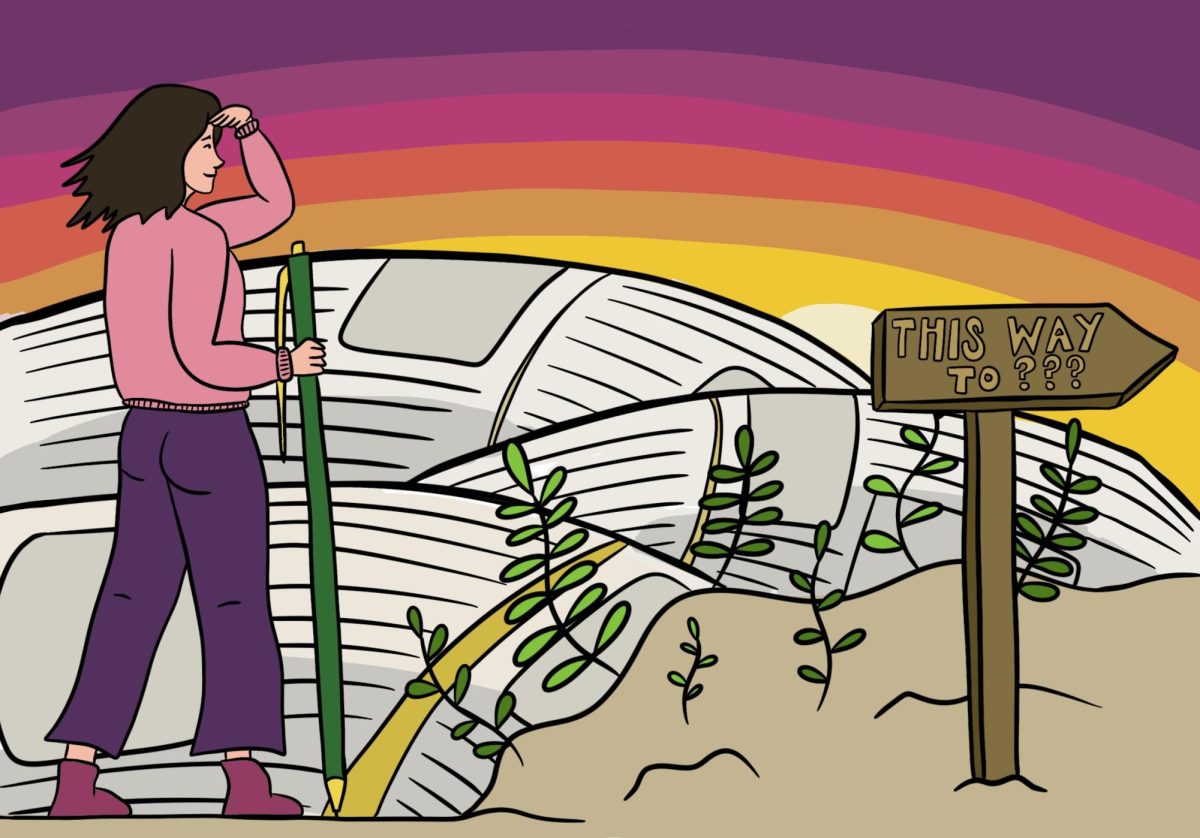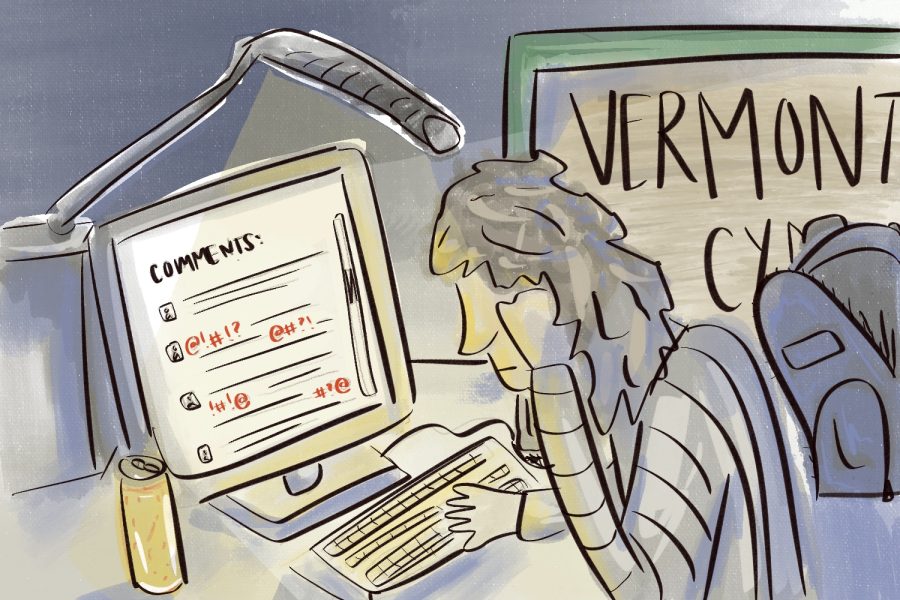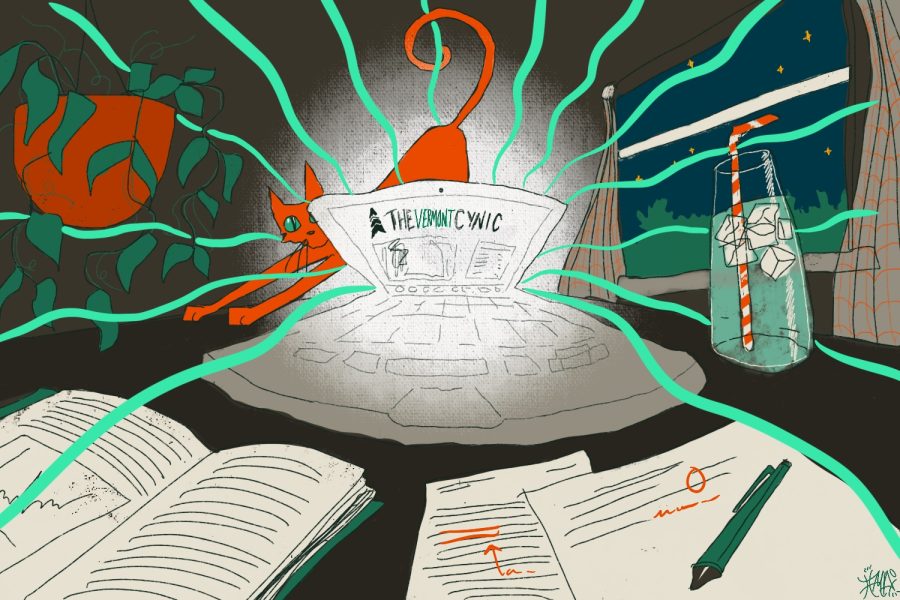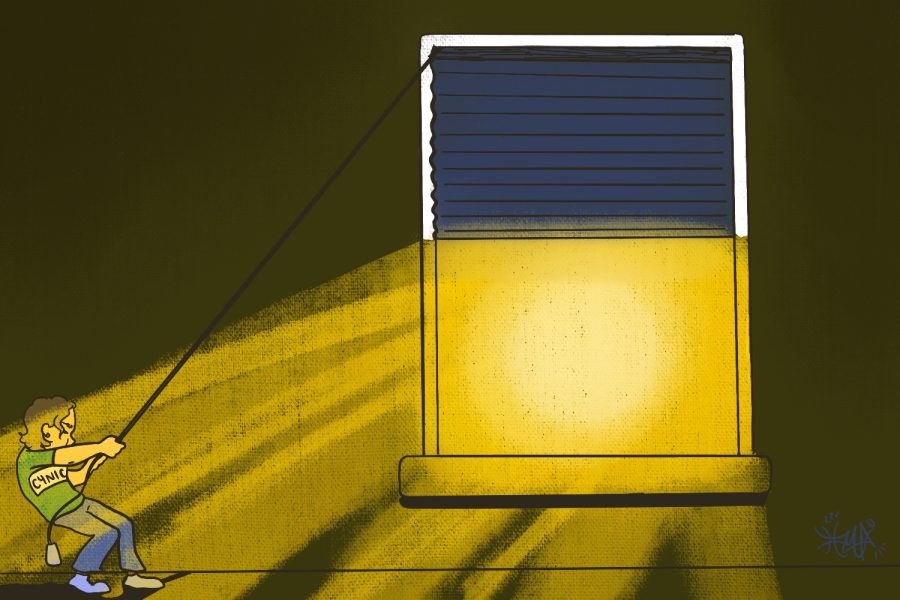[UPDATED: Dec. 10 6:20 p.m.]
With barely any input from the student body, the University has decided to eliminate reading days beginning in fall 2016.
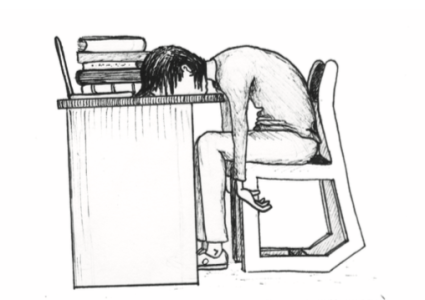
This change was made to allow for a fall break in October, as well as a shift in the timing of spring break to allow for students to participate in Burlington’s Town Meeting Day.
Giving students a reprieve from stress in the middle of the fall is a great thing.
Enabling students to have a say in local politics is also admirable. However, this pro-student, pro-democratic decision was unfortunately made without the direct input of the student body at large.
University administrators have spoken on the record on how this fall break will benefit student mental health. Yet, students asked about this decision give a consistent and resounding feeling: they need the break before and during exams.
The schedule change turns what is a week-and-a-half exam period, with two free days for study, into a five-day sprint with no break. Not only this, but officials maintain that professors will have the option to schedule their finals the Friday before the official exam period, potentially causing even more stress for students.
The administration claims this new schedule is in part a result of an increase in alcohol and marijuana violations found during this period. In addition, this schedule change could spell the end of the Naked Bike Ride as we know it.
Surely this is a change students should have been asked about. Contrast this with the process behind the University’s recent smoking ban. In this case, the school facilitated focus groups, research and, most importantly, time for public comment during the four years after University officials first recommended the implementation of a smoking ban.
The University tends to try things out and treat the results like they aren’t as important as the intended message; as director of Health and Wellbeing Jon Porter said, “Like every change, we have to see how it works.”
The difference between these decisions and the changes made to the schedule was that no majority asked for this; there was no public outcry, no loud call for those in charge to take action.
We call on the University to address the concerns of students about the schedule change and take all voices into account in further decisions regarding the academic calendar.
A previous version of this article stated incorrectly that the decision to cut reading days “was created by faculty members, administrators and SGA.”


